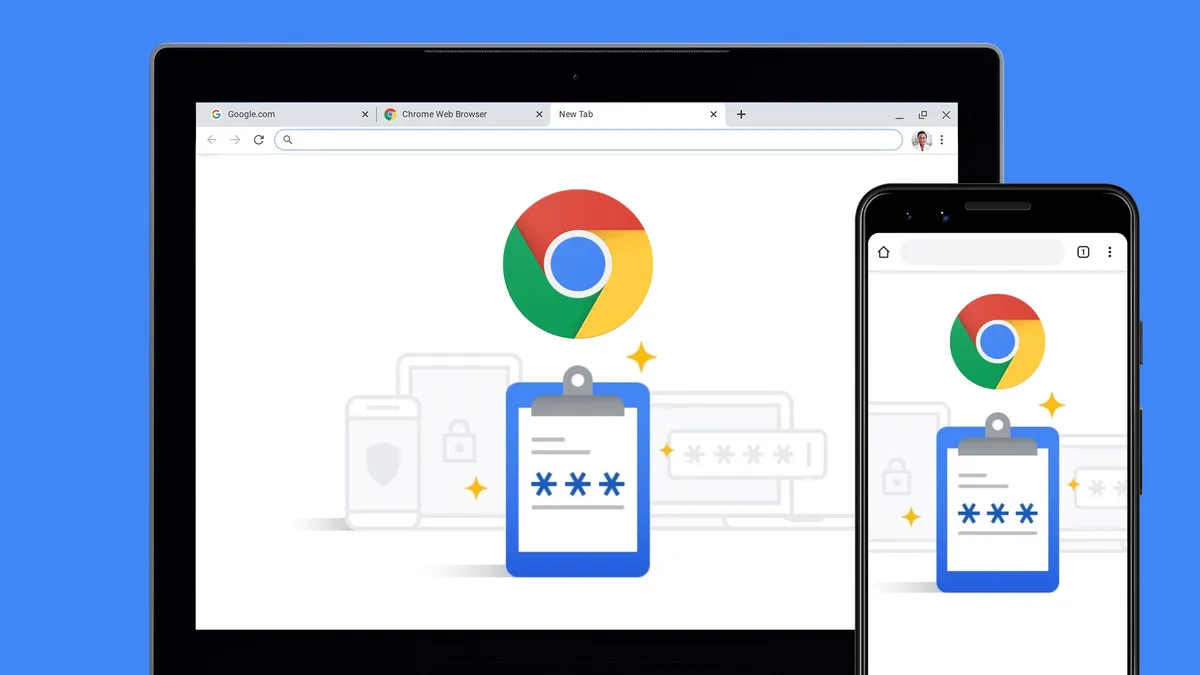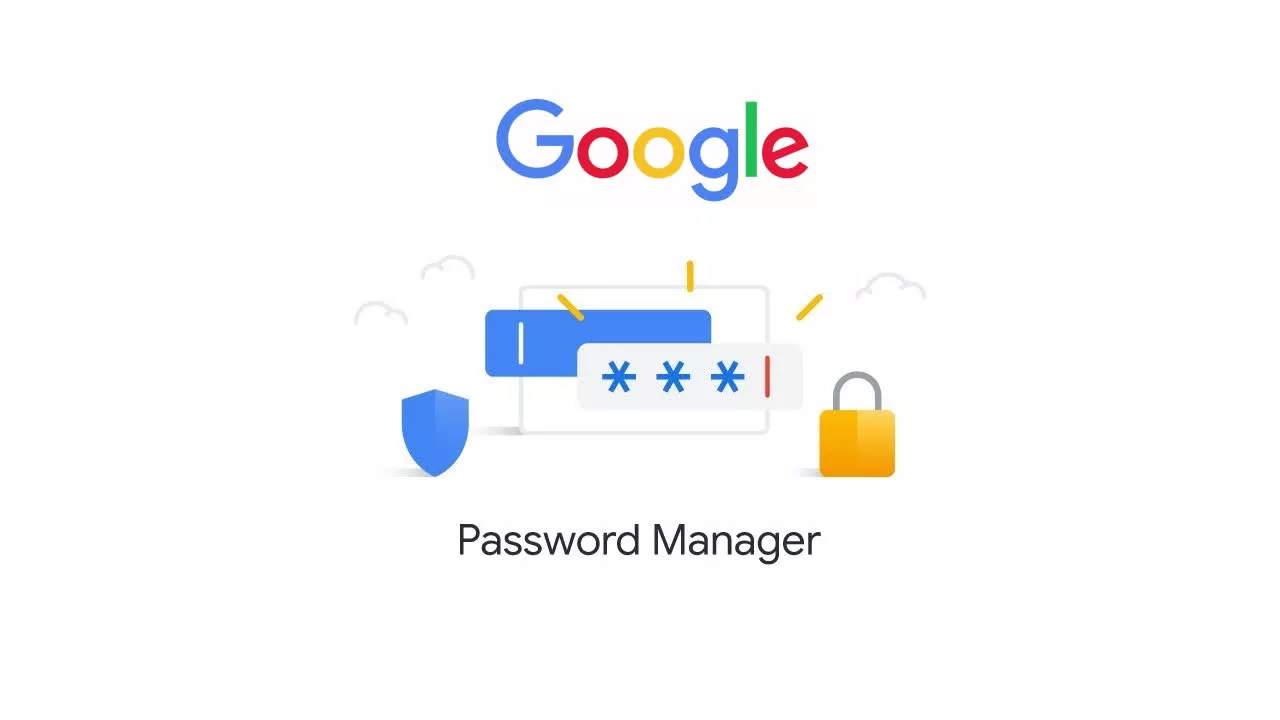Google Password Manager was borked for almost 18 hours
Facepalm: If you found yourself unable to access your passwords saved to Chrome last week, don't worry: you weren't alone. Google has apologized for a bug that resulted in around 15 million Windows users being unable to find or save their credentials for almost 18 hours.
The Google Password Manager is used by many of Chrome's 3 billion global users, storing passwords and usernames that can automatically fill the fields in corresponding websites. But millions of people found they could no longer find or save passwords stored in the manager for almost 18 hours starting on July 24.
Google says in its incident report that the root cause of the issue was a change in product behavior without proper feature guard.
The issue was limited to the M127 version of Chrome on Windows. According to Google, 25% of Chrome's 3 billion users saw the configuration change when it was rolled out, which is around 750 million people. Of that number, about 2% experienced the password manager issue, which meant around 15 million people lost access to their passwords.

Google did provide an interim workaround during the incident that involved launching Chrome with a command line flag: – enable-features=SkipUndecryptablePasswords.
A fix was eventually rolled out that just required users to restart the browser. Google says the issue was mitigated for all affected users as of July 27 at 09:27 AM PT.
Google has now apologized for any inconvenience the service disruption may have caused. Chrome users who have experienced issues not mentioned in its incident report should contact Google Workspace Support.
Any issue that impacts 15 million people is a major one. It comes at a bad time for Windows, given that millions of businesses around the world were thrown into chaos after CrowdStrike's update resulted in a Blue Screen of Death boot loop. It's estimated that around 8.5 million PCs were impacted, and it led to Microsoft working on changes to the operating system's security, including making it significantly more difficult for companies to access the Windows kernel.



Recommended Comments
There are no comments to display.
Join the conversation
You can post now and register later. If you have an account, sign in now to post with your account.
Note: Your post will require moderator approval before it will be visible.